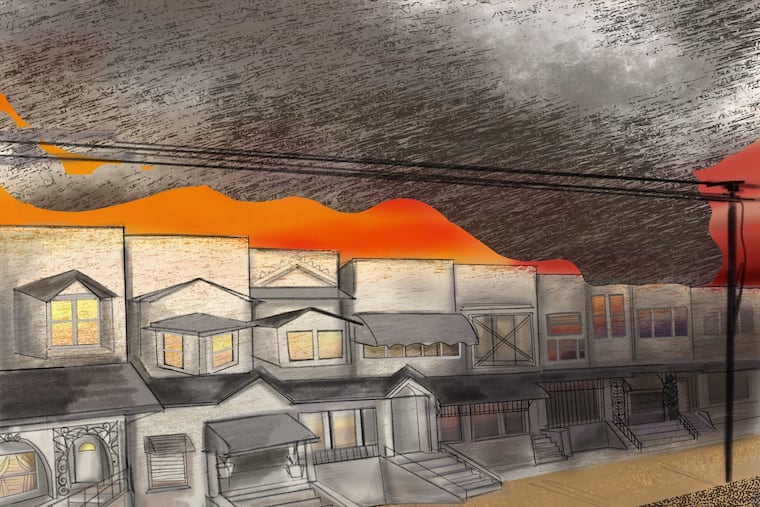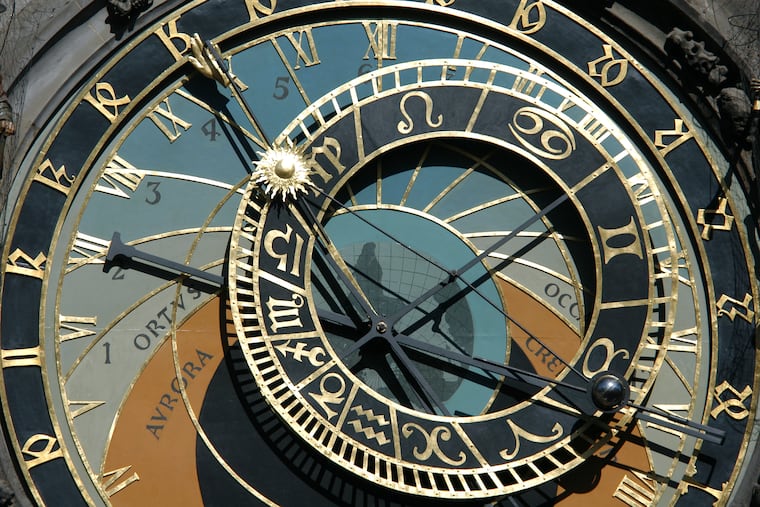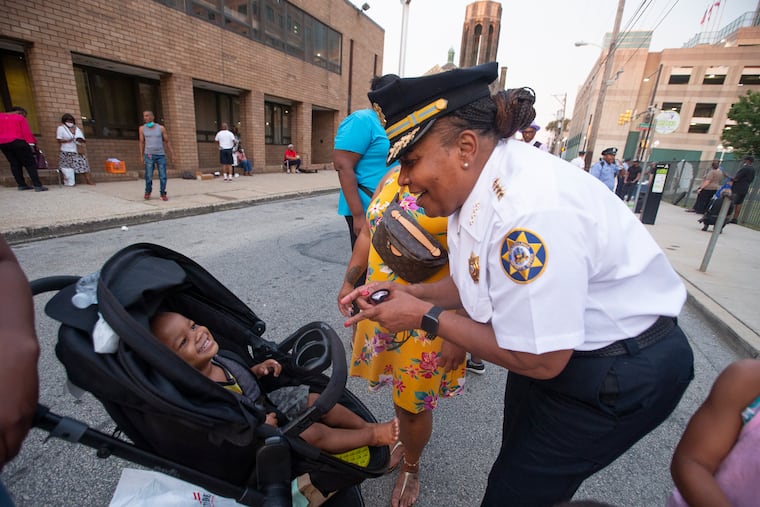Investigation Launches into Tragic Incident; Efforts Underway to Unravel Complex Circumstances Surrounding the Event
In the 1970s, Philadelphia served as the backdrop for a controversial movement led by John Africa, who believed in a radical return to nature as a solution for societal issues. Founding the organization MOVE, Africa’s vision centered on Black nationalism, human rights, and a strict adherence to a back-to-nature lifestyle. This doctrine’s fervor would soon lead to a contentious relationship with the city’s law enforcement, particularly with Frank Rizzo, who was both the Police Commissioner and later the Mayor of Philadelphia.
MOVE emerged from the chaotic landscape of a Philadelphia grappling with poverty and rampant police brutality. The organization was initially composed of Africa’s friends and family, but it grew to include over fifty members who embraced a lifestyle characterized by veganism, communal living, and an aversion to modern technology. Members were known to exercise rigorously, disconnect from societal norms, and even reject the notion of formal schooling for children. They believed that their unconventional practices highlighted a stark societal critique, yet they faced increasing scrutiny and opposition from the community and authorities.
Philadelphia’s law enforcement, led by the often controversial Rizzo, responded with escalating confrontations with MOVE. Tensions boiled over during a series of protests where MOVE would adopt aggressive tactics to draw attention to their cause, leading to numerous clashes with police. As Rizzo’s administration was noted for its retaliatory approach to dissent, MOVE became emblematic of a struggle against systemic racism and injustice.
A particularly tragic incident occurred in 1985, when a police bombing on MOVE headquarters resulted in the deaths of 11 individuals, including five children. This event marked a grim moment in U.S. history, as it remains the first and only instance of an American police force bombing its own citizens. The fallout from this event prompted both outrage and an outcry for justice, which continues to resonate in discussions around police brutality and civil liberties today.
MOVE’s complex legacy is now being explored in-depth through the podcast series “MOVE: Untangling the Tragedy,” which delves into the dynamics of justice, activism, and the human condition. The podcast sheds light on the profound implications of the relationship between MOVE and Philadelphia’s law enforcement, encouraging listeners to examine the historical context and the controversies that still impact society.
As listeners engage with this unsettling yet pivotal chapter in Philadelphia’s history, they are invited to contemplate the ongoing struggles against systemic injustice and the often fraught intersection of activism and authority. The story of MOVE, with its aspirations and tragedies, echoes the broader narratives of civil rights, community resilience, and the quest for justice amid societal tensions.
For more insights into this compelling narrative, the podcast can be accessed on platforms such as Spotify and Apple Podcasts, where it continues to explore the nuances of MOVE’s impact on Philadelphia and beyond.
Media News Source.







